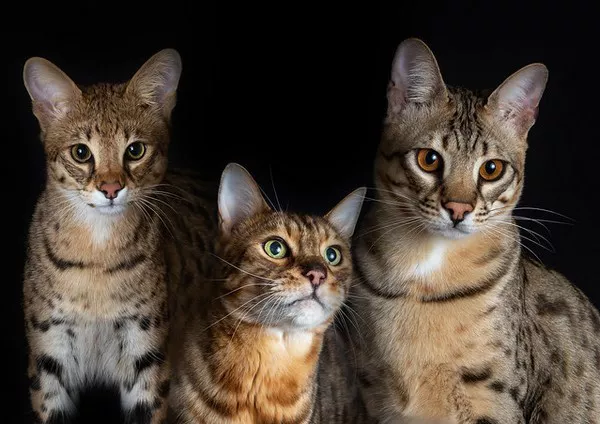Winter weather can be harsh and unforgiving, especially for outdoor cats that have to brave the elements to find food, water, and shelter. From blizzards to ice storms to subzero temperatures, extreme winter weather can pose serious risks to cats’ health and safety, including frostbite, hypothermia, dehydration, and traffic accidents. As a responsible pet owner, it’s essential to take some precautions and measures to protect your cat from the winter hazards. In this article, we will share 8 tips to keep cats safe during extreme winter weather, based on expert advice and best practices.
8 Tips to Keep Cats Safe During Extreme Winter Weather
1. Provide Adequate Shelter
If you have an outdoor cat, make sure they have access to a dry, insulated shelter that protects them from wind, rain, and snow. The shelter should be large enough for the cat to stand, turn around, and lie down comfortably, with a raised floor, a door flap, and adequate ventilation. You can add straw, hay, or blankets to the shelter to create a cozy nest, but avoid using towels or fabrics that can retain moisture and freeze.
2. Keep Them Warm and Dry
Cats that are exposed to cold, wet surfaces for extended periods can suffer from hypothermia or frostbite, which can cause permanent damage or even death. To keep your cat warm and dry, make sure they have access to warm bedding, such as a heated bed or a blanket, and avoid letting them stay outside in wet conditions. If your cat gets wet, towel-dry them gently and provide a warm, dry space for them to rest and warm up.
3. Provide Fresh, Warm Water
Water is essential for cats’ hydration and overall health, but during winter, water sources may freeze or become inaccessible. Make sure your cat has access to fresh, warm water at all times, whether through a heated bowl, a water dispenser, or by changing the water frequently. You can also add some chicken or beef broth to the water to entice your cat to drink more.
4. Adjust Their Diet
During winter, cats may burn more calories to maintain their body temperature, so it’s essential to adjust their diet accordingly. Make sure your cat receives high-quality, calorie-dense food that provides them with enough energy and nutrition to stay healthy and warm. You can also offer them small, frequent meals throughout the day to boost their metabolism and prevent hunger-induced stress.
5. Keep Them Active
Cats that are more physically active tend to generate more heat and stay warmer than sedentary cats. You can encourage your cat to exercise by providing toys, scratching posts, climbing structures, or interactive games that stimulate their mind and body. Try to play with your cat during the warmest parts of the day and avoid leaving them alone outside or in unheated rooms for extended periods.
6. Check for Signs of Cold-Related Illnesses
Cold weather can weaken cats’ immune systems and make them more vulnerable to respiratory infections, urinary tract problems, or other illnesses. Make sure to observe your cat’s behavior and appearance regularly and watch out for signs of illness, such as coughing, sneezing, vomiting, diarrhea, or lethargy. If you notice any of these symptoms, seek veterinary care immediately.
7. Protect Them from Chemicals
During winter, many people use chemicals such as antifreeze or deicers to melt snow and ice on roads, sidewalks, and driveways. However, these substances can be toxic to cats if ingested or inhaled, causing severe damage to their organs or nervous system. Make sure to store these chemicals safely and use pet-friendly alternatives whenever possible. If your cat comes into contact with any chemicals, rinse their paws or fur immediately and seek veterinary care.
8. Secure Your Home
Winter weather can also affect your home’s safety and security, which can indirectly affect your cat’s well-being. Make sure to check your windows, doors, and vents for drafts or leaks that can let cold air in or allow your cat to escape. Also, ensure that your heating system is working correctly and is not posing any fire hazards or carbon monoxide risks.
Conclusion
Extreme winter weather can pose significant challenges for cats’ health and safety, but by taking some precautions and measures, pet owners can help their furry friends stay warm, nourished, and protected. Remember to provide adequate shelter, keep your cat warm and dry, provide fresh, warm water and high-quality food, keep them active, watch for signs of illness, protect them from chemicals, and secure your home. By following these tips, you can enjoy the winter season with your cat without compromising their health or happiness.
























